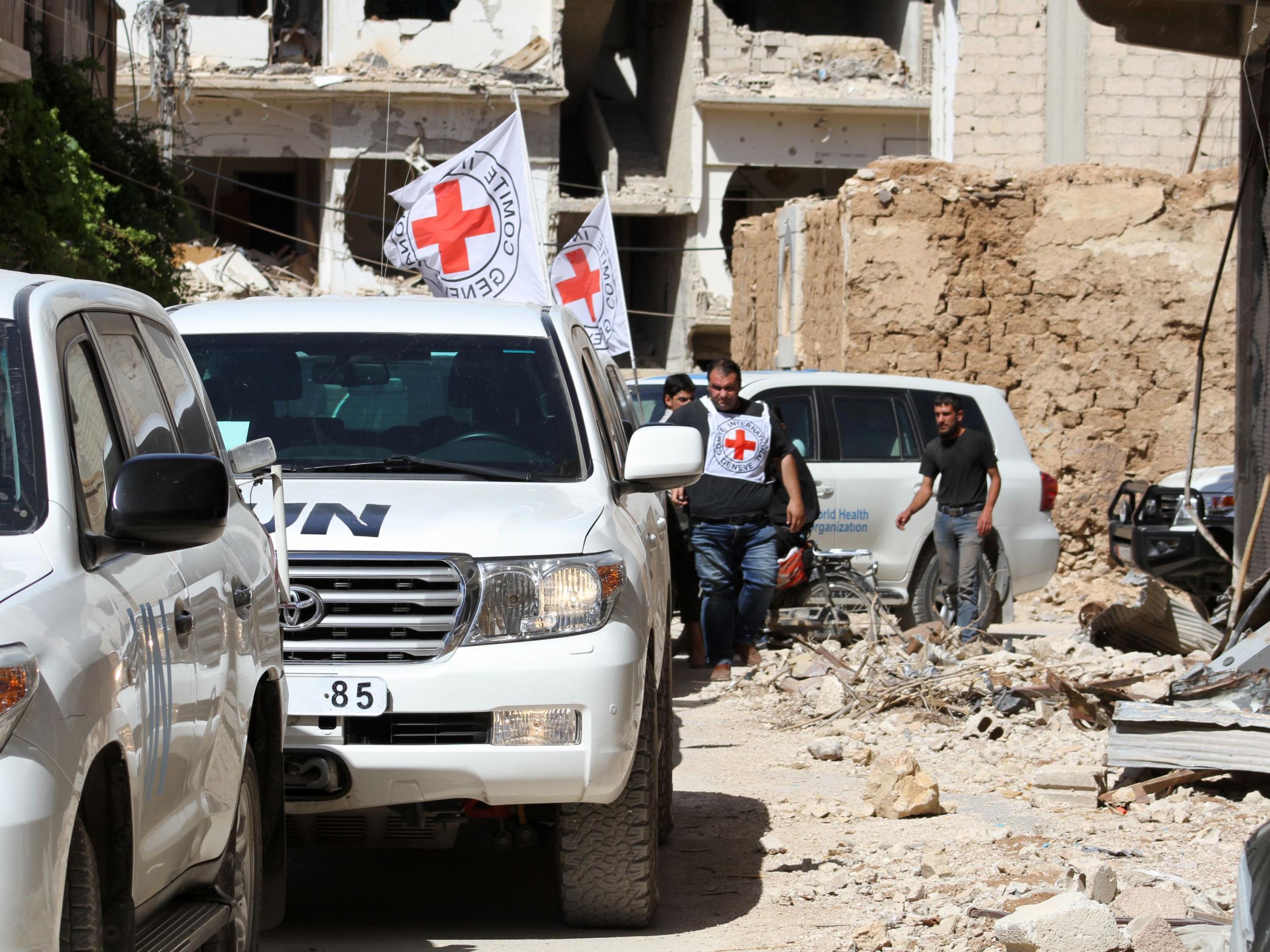The Independent's journalism is supported by our readers. When you purchase through links on our site, we may earn commission.
The Mail on Sunday wants to ban aid, but without UK tax havens there wouldn’t be any corruption
The parliamentary debate on the Mail on Sunday petition for the UK to stop sending aid misses the real scandal: UK tax havens enable the corruption that undermines the power of aid

The aid debate is about to get shriller. On 13th June MPs will debate the UK's commitment to spend a set fraction of its income helping poor people in other countries.
But who is right – those who warn that vast amounts are squandered, stolen and spent on absurdities, or those who say aid makes a massive difference to people living in shocking poverty?
The Parliamentary debate is a victory for the Mail on Sunday and the more than 230,000 people who signed its petition. “Despite spending cuts at home, the Government is committed to hand over 0.7 per cent of national income in overseas aid, regardless of need,” states the petition.
Instead, it argues, the 0.7 per cent promise should be scrapped and aid should be “only for truly deserving causes, on a case-by-case basis.”
The newspaper has also published a series of colourful stories about aid. They include the Indian businessman accused of stealing a huge chunk of UK aid and then strangling his stepdaughter to conceal the theft, and the UK aid millions that may have fallen into I terrorists’ hands.
By contrast, the aid world in which I work tells stories of the painfully many people in urgent need. In South Sudan, war has left families bereaved and terrified and now some five million people face a food crisis. In Syria, a terrible and growing number have been killed, severely injured and traumatised by war and in Bangladesh and Sri Lanka, last month’s cyclone left tens of thousands needing food, clean water and other emergency help.
There is, alas, no shortage of ‘truly deserving cases’.
It’s true: UK aid is not perfect and sometimes things do go very wrong, as it seems with the new airport in St Helena, a far-flung UK Overseas Territory, where DFID is said to have spent £250 million on an airport where planes may be unable to land.
Some projects work better than others, aid workers make mistakes and yes, money is sometimes stolen, despite rules requiring everything to be accounted for. Another problem is that some UK government departments that spend aid are not as transparent as the Department for International Development about where the money goes.
But these are all reasons to keep making UK aid better, not to slash our help for others who badly need assistance that we can afford.
One important way to make our aid more effective is to direct more of it to the local organisations that are first to help after a disaster. They know the affected places and people better than international charities and are cheaper, too.
There is good news here – some governments (including the UK’s) and aid organisations agreed last month to ensure that 25 per cent of all emergency aid goes to local organisations by 2020. Compared to the current 0.3 per cent, this is serious progress.
What is a scandal is that UK tax havens enable corruption and so undermine the power of UK aid. The British Virgin Islands and the Cayman Islands host hundreds of thousands of companies whose real owners are secret. They can be used for hiding dirty money, safe in the knowledge that even the police will struggle to trace the real owners. Until its tax havens clean up their acts, the UK is giving aid with one hand and helping the corrupt with the other.
The UK could also make its aid go further by helping developing countries collect more of the tax billions they are owed by multinationals and their wealthy elites. The UK is already training poor countries’ tax collectors but this is not enough to help them win what the World Bank has called the ‘tax wars’ with big companies.
What tax collectors everywhere need is information. The UK has the power to force multinationals to publish the crucial details of their finances worldwide, which would boost all countries’ efforts to collect the billions they lose to multinational tax cheats.
This might seem irrelevant to Monday’s aid debate. But taxes pay for the health, education, policing and all the other public services that people need. And, unlike aid, tax revenues do not depend on debates in rich countries’ Parliaments.
Rachel Baird works for Christian Aid, which campaigns for reforms to help developing countries collect more tax and reduce corruption.



Join our commenting forum
Join thought-provoking conversations, follow other Independent readers and see their replies